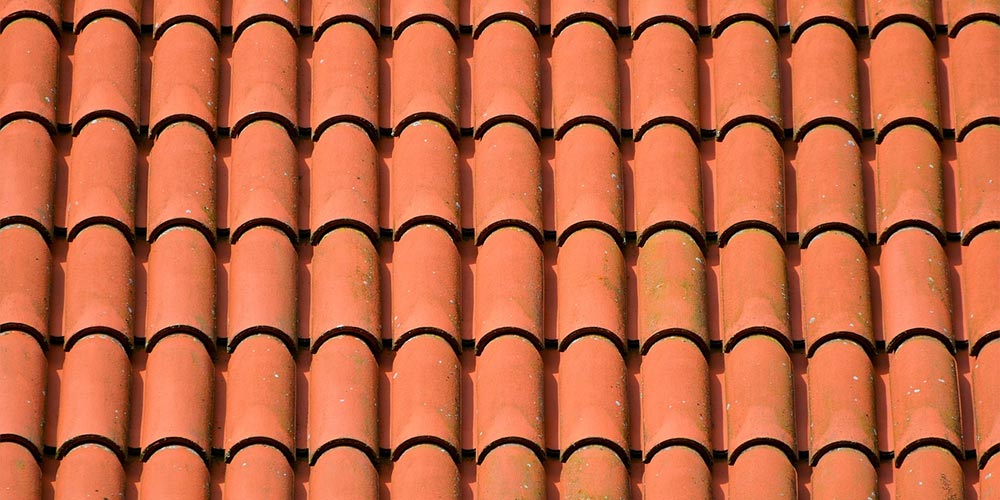
Roofing is the covering of the top of the house or a building. It helps to protect against rain, snow, sunlight, wind, and other extreme temperature. Roofs are constructed in wide ranges such as flat, vaulted, domed, pitched, or in combinations of these and this construction depends on the technical, aesthetic, or economic considerations of the premises.
Types of roofing
It’s important to know the type of roof you currently have or want as this knowledge comes in handy when it is time to replace or reconstruct it. Moreover, click here for more info but the roof style has a great impact on the visual appearance of the property and a good design surely enhances its worth. With this note in mind, let’s discuss the basic roof types:
Flat Roof
This type of roof is quite popular in the Middle East, southwest USA, and other arid climate areas. In the nineteenth century, newly impermeable construction materials including the use of construction concrete and steel made flat roofs more viable in Europe and the US.
Slope Roof
Slope roofs come in many different varieties. Some rooves have only one slope. A roof with two slopes that forms an A or triangle is called a gable roof. This sort of roof can be seen in ancient Greek structures and has long been a feature of household design in northern Europe and the USA. It is still a very prevalent roofing material.
Vault Roof
The vault is a roof made up of a simultaneous succession of arches, the most typical of which is cylindrical. Vaults play an important role in Gothic architecture.
The Dome Roof
The dome is a semicircular structure that can serve as a roof. Domes have surmounted some of the most magnificent buildings of ancient Roman, Islamic, and post-medieval Western architecture. Domes do not require a supporting framework because they are based on the principle of the arch, but flat and gable roofs frequently require internal supports such as trusses. These sustaining frames were composed of timber beams till the end of the nineteenth century, often in exceedingly intricate systems.
Thin-Shell Roof
Steel and cement mortar have gradually replaced large wooden support structures, allowing for the creation of innovative, striking roof designs. Thin-shell rooves made of cement steel and reinforcing bars cover vast spaces, allowing stadiums and arenas to have unimpeded inside viewpoints.
Roofing maintenance and repair
Roof maintenance helps protect the home and building from severe damage. But rooves will eventually be damaged and repair will be needed. Consistent roof maintenance and roof repair will help keep your house in a good style and prevent the need for expensive roof replacement. There are different types of roof repairing:
Shingle repair
It includes repairing granule loss, broken shingles, splitting, curling, shrinkage, and lifted shingles.
Flashing repairs
Roof experts use roof flashing using galvanized steel or zinc alloy to direct water away from chimneys, walls, and other areas where the roof meets a vertical plane.
Leaky roof
We all have witnessed a dark puddle on the ceiling, caused by a pool of standing water. Sometimes this pool may cause the roof to collapse so always consult a roof specialist to fix the whole patch.
FAQ
1. The best type of roofing?
Flat roofs and slope roofs are the best kinds of roofs. They are very durable and sturdy and are also quite cheap when it comes to constructing them as compared to other rooves.
2. How much does new roofing cost?
The general roofing cost is $5000 to $10,000, which is higher than roof replacement. There are some companies they are charging according to per square feet. For example, they might $400.00 per square foot.
3. Can you repair your roof?
One can repair and replace the ceiling of their own home but we don’t recommend it. Best to let experts handle it. You may cause more damage to the already broken roof.
4. How often one should replace their roof?
One should repair their roof every 5-6 years or when a situation demands. Roof replacing depends on the condition and the environment.
5. What factors should be considered when choosing the roof?
From the design perspective, the environment of the state is important. As the sloping roof is important for more snowy states. The heavy concrete material is important for states with storms and more rains. The shingles would work in states with the low level of storms and rains.
Conclusion
Different type of roofs needs different repair and maintenance according to the material used in them. The important thing to consider here is that the repairing job must be done by specialists otherwise poor maintenance and repair may lead to replacement. Even with good maintaining, you still need to repair your roof every 3-4 years.
